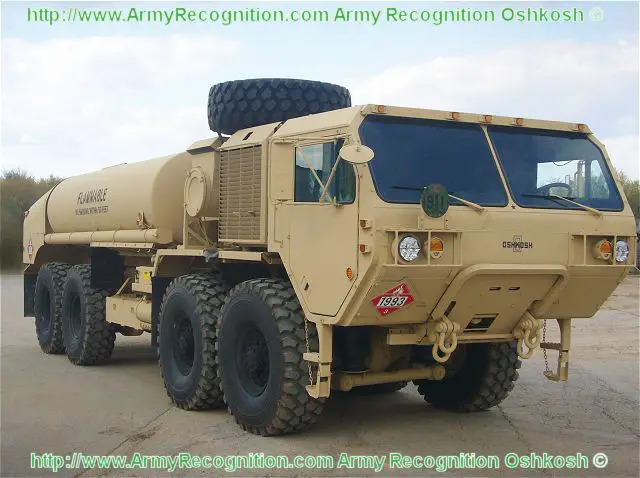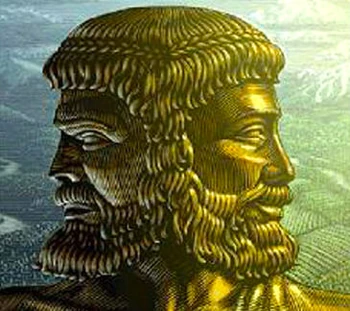Like a black ash volcanic field, he seethes, he spouts, he
sprays sulfurous jets.
Young soldiers scurry when he strides in their direction.
Officers smirk, but at a distance and out of sight, of the
old
First Sergeant who could, who might, who will erupt at any
moment.
"Fuckin' Liberals," he brays. "Faggots!"
Everyone in the Orderly Room turns to look.
No one is his target. Sulfur hangs in the air. He is quiet
again.
"Mother of God" is his family name and the
reaction his presence elicits.
A young sergeant lurks outside his door.
"What are you lookin' at?" Santamaria growls at
the sergeant waiting for his signature.
"Could you sign this Top?" she says. She shrinks
as she hands him the paper.
"What's this?" he booms. "Trying to get a
discharge so mean old sergeants won't hurt your feelings?'
"My tent is ripped," she croaked.
"You allowed your Shelter, Combat, Individual to be
ripped and damaged," he said
Rising to his full height and towering over the recently
promoted NCO.
He barked, "Was it a party?" Top turned his head
and continued.
"Sergeant First Class Schmidt, were you invited to the
tent-wrecking party?"
"No Top," came a voice from an adjoining office.
The smirk was audible.
"Give me that," said First Sergeant Santamaria,
grabbing the paper.
"Invite Schmidt to the party next time, he's sad
now."
"Yes Top," said the young sergeant backing out of
the office and the
Orderly Room. 'Mother of God,' she thought as
She left for the supply room to get her tent repaired.
In Heaven, Mary sighed.
-->














